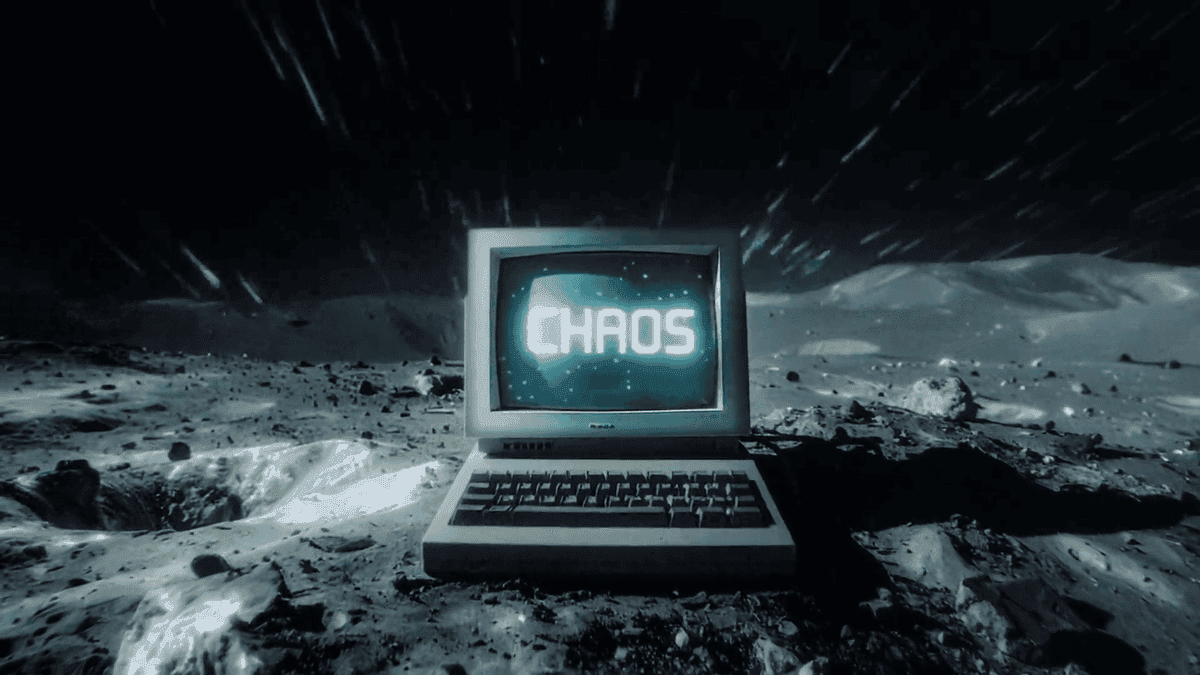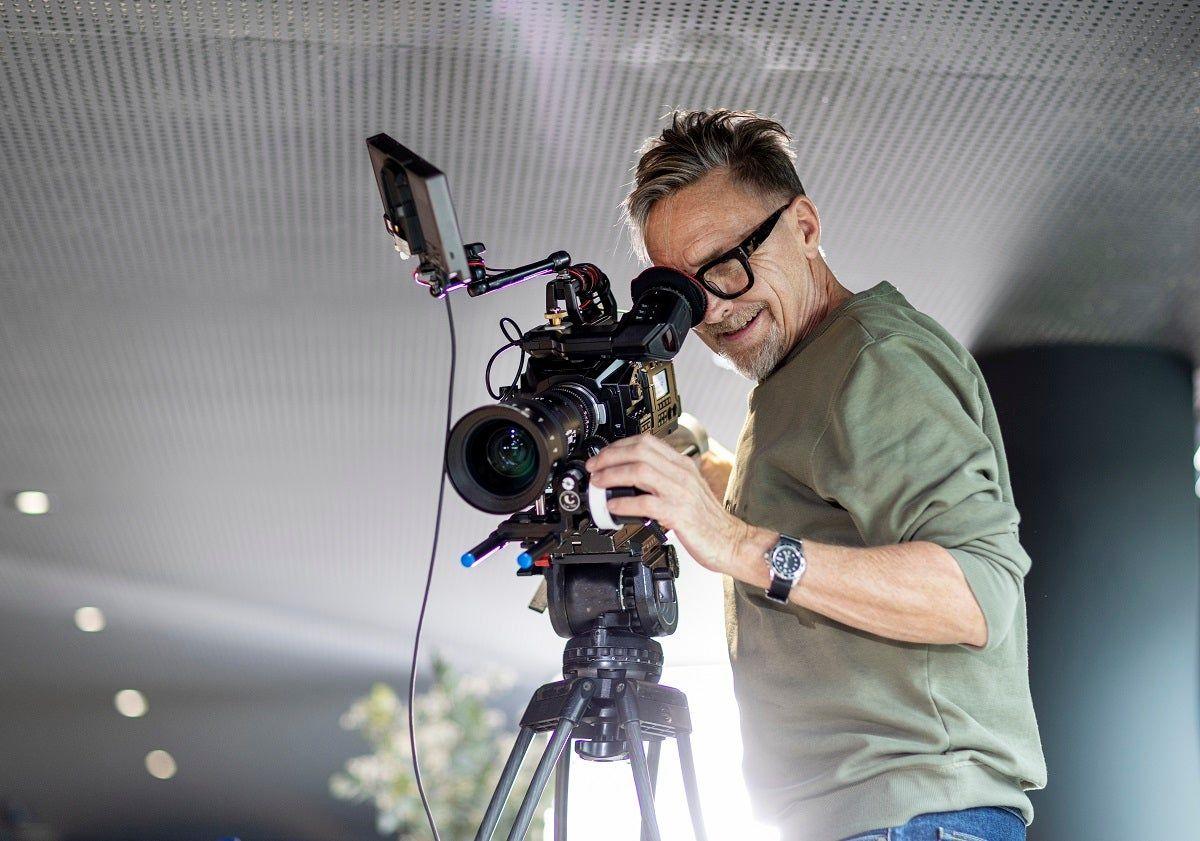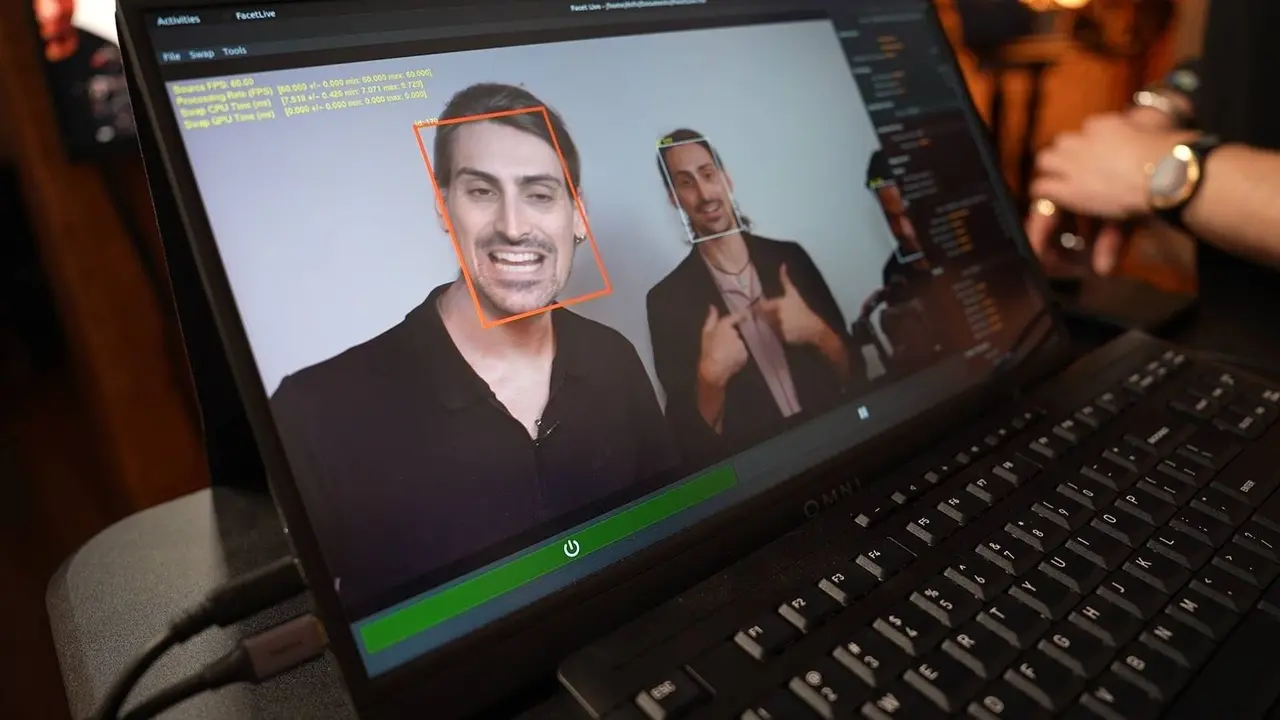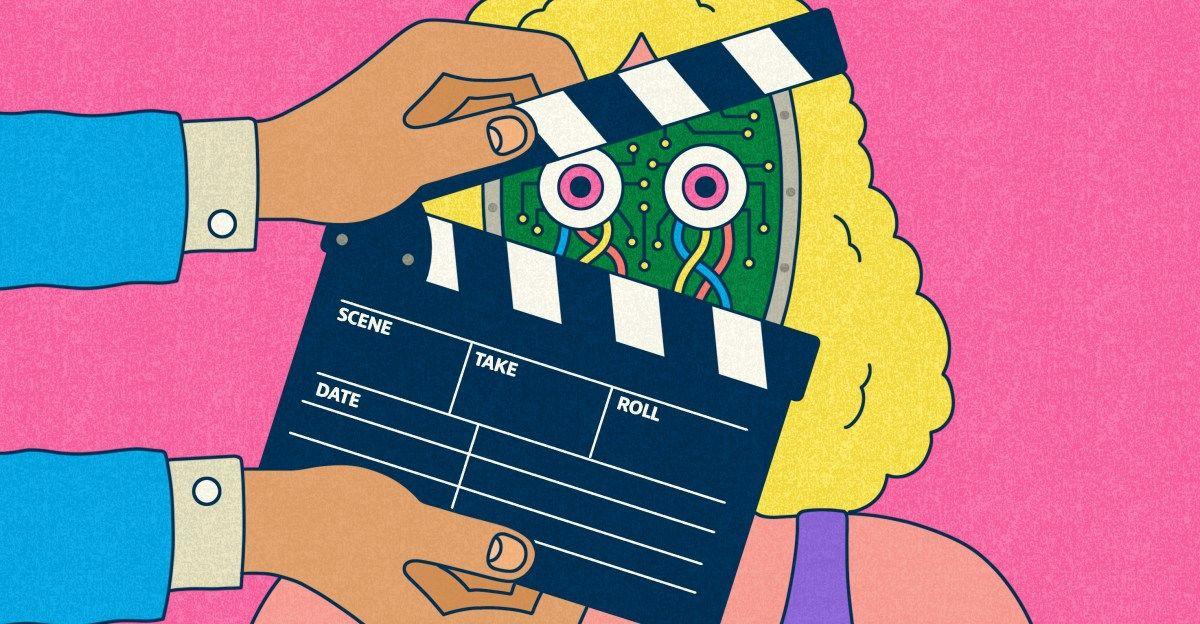Moonvalley's Marey: The Ethical AI Video Generator Revolutionizing Filmmaking
6 Sources
6 Sources
[1]
Moonvalley's 'ethical' AI video model for filmmakers is now publicly available
The team at Moonvalley, a Los Angeles-based AI video generation startup, doesn't think you can prompt your way to making a movie. That's why the company on Tuesday opened up its "3D-aware" model to the public, promising a "hybrid" approach that gives filmmakers more control than other standard text-to-video models. Moonvalley first launched its model, named Marey, in beta in March, and has now released it as a monthly credits-based subscription. Users can pay $14.99 for 100 credits, $34.99 for 250 credits, and $149.99 for 1,000 credits. The base model will also be available on third-party platforms like Fal.AI and Adobe. Users can generate clips up to five seconds long, which is in line with industry standards for publicly available video generation models. The startup, co-founded by former DeepMind researchers who worked on Google's own video generation model, claims Marey is one of the few models trained entirely on openly licensed data. That fits neatly with Moonvalley's target customers: filmmakers who want to avoid future lawsuits over AI-generated content that might resemble copyrighted material. For independent filmmaker Ángel Manuel Soto, Marey's biggest selling point is that it democratizes access to the top AI storytelling tools, especially for people who have long felt shut out of traditional filmmaking. Growing up in Puerto Rico, Soto said you'd first need to scrape together hundreds or thousands of dollars just to rent cameras to make a film. "Back home, we needed to ask for permission to tell our stories," he said. "AI gives you the ability to do it on your own terms without having to say no to your dreams because someone refused to finance it, because they didn't think a story from your country could return a profit." Now, Soto says, Marey has helped him cut production costs by 20% to 40% and work more freely. Soto previously worked with Moonvalley's studio, Asteria, on the HBO docuseries, "Menudo: Forever Young." Asteria, also known as XTR, was acquired this year by Moonvalley, according to Hemant Taneja, CEO of General Catalyst. (GC was a major shareholder in Asteria, and invested more money into the combined entity.) Marey's 'hybrid filmmaking' approach Moonvalley CEO and co-founder Naeem Talukdar demonstrated for TechCrunch how Marey could be used in pre- and post-production, be it for testing scenes before shooting or adjusting camera angles after the fact, and how it can control objects, characters, motion, and scene composition. Talukdar told TechCrunch that Marey has an understanding of the physical world that could translate to more interactive storytelling as the tech develops. Right now, that sort of understanding -- which Marey shares with other models like Google's Veo 3 and OpenAI's still-private Sora -- allows Marey to do things like mimic motion while still respecting the laws of physics. For example, a video of a bison sprinting through grasslands can be translated into a Cadillac racing through the same environment, with the grass and dirt responding to the car's movement. Or, Marey can superimpose a character that looks like George Washington onto an actor, translating everything from the actor's facial movements to the muscles in his forearms as he gesticulates. Perhaps more unique is Marey's support for free camera motion. Talukdar showed off how it lets you shift the camera trajectory with your mouse: he integrated a pan and slide zoom to a video of a woman on a train in the Rockies by simply dragging his cursor. He also noted that Marey could achieve near-360-degree camera motion, and obey instructions to create footage as if it was shot from a handheld camera or dolly. Marey can also change the background of videos, allowing filmmakers to start with source footage to build the scene they want. Talukdar played a video of a man riding a motorcycle on a suburban road, which then evolved to the same man, sans helmet, riding a slightly different bike on a country highway. Moonvalley's plan over the next few months is to roll out new controls like lighting, deep object trajectories, and character libraries, said Talukdar. Marey's public release puts it in direct rivalry with a growing field of AI video generators - models like Runway Gen-3, Luma Dream Machine, Pika, and Haiper.
[2]
The first truly copyright-free AI video generator has arrived -- here's what we know
We've been hearing the same thing for months now that AI is coming for Hollywood. That is now a statement of fact as one company launches its first fully-licensed AI video model for professional production. Moonvalley, an AI video company, has announced the public release of its AI tool Marey. This was originally announced months ago, but is now available for filmmakers to try out. The company makes two big promises with this release. Firstly, it will produce professional-level video that can be heavily edited and controlled. And more importantly, it was entirely trained on explicitly licensed material, avoiding all of the copyright concerns of some of its competitors. This means that Moonvalley could be the first AI company to produce scenes for filmmakers, without the concerns of using other filmmakers' intellectual property in their own work. "We built Marey because the industry told us existing AI video tools don't work for serious production," Moonvalley CEO and co-founder Naeem Talukdar said, announcing the launch. "Directors need precise control over every creative decision, plus legal confidence for commercial use. Today we're delivering both, and proving that the most powerful AI comes from partnership with creators, not exploitation of their work." Moonvalley has been gunning for this position for a while, looking to stand out as the ethical alternative to AI video in the professional world. The AI video market is packed. Along with the big professional names like Gemini and ChatGPT's Sora, there are smaller competitors from Runway, Pika, Higgsfield, Kling and more. In other words, it isn't the only AI video generator out there. However, along with its take on copyright-free video, Moonvalley is aiming to make this new model better than its competitors. It was fully trained on native 1080p video and, by avoiding user-generated content in its training, can consistently produce higher quality footage. The company claims that Marey can produce sharper footage up to five seconds at 24 FPS with consistent quality throughout. Directors can control object movement and camera control, and can alter motion, camera styles, and make small changes throughout the footage. Users can try Marey on a monthly credits-based system. It's $14.99 for 100 credits, $34.99 for 250, and $149.99 for 1000. While Moonvalley is positioning itself as a tool for Hollywood, it is more likely to appeal to small-time filmmakers who have a story to tell but lack the budget to bring it to life. TechCrunch was shown the tool in action, detailing the level of control that users have over the film. Marey offers free camera motion, allowing you to adjust the camera trajectory with your mouse. Moonvalley plans to roll out more features over the next few months, including controls for lighting, trajectories, and character libraries. For now, this is in its early stages, but Moonvalley has clearly set its sights on beating the market when it comes to usable AI footage in film and TV.
[3]
Moonvalley Releases Marey, an 'Ethical' AI Video Tool Built for Pro Filmmakers
Los Angeles-based AI startup Moonvalley has officially launched Marey, its video-generation model designed for professional production use that was trained on "ethical" data. Following a beta period with select filmmakers and creative agencies, the tool is now available to the public through a subscription model. Marey promises granular control for directors and a legally secure foundation, as it is trained entirely on licensed content. Moonvalley's approach contrasts with other AI video developers that have faced legal scrutiny over their training data. "We built Marey because the industry told us existing AI video tools don't work for serious production," says Naeem Talukdar, Moonvalley's CEO and co-founder. "Directors need precise control over every creative decision, plus legal confidence for commercial use. Today we're delivering both, and proving that the most powerful AI comes from partnership with creators, not exploitation of their work." However, even training on licensed data can be controversial since the content creators may have agreed to the terms and conditions long before AI technology existed. Marey supports video clips up to five seconds long, rendered in 1080p at 24 frames per second. The tool offers features such as camera control, object and character motion guidance, pose transfer, and inpainting for element-specific edits -- all of which aim to provide users with production-grade capabilities. It also enables full camera movement, with options like handheld simulation and trajectory shifts. According to Moonvalley, the model was developed with direct input from filmmakers through its in-house studio Asteria, formerly known as XTR. Asteria's team participated in six months of research and three months of external alpha testing. Independent filmmaker Ángel Manuel Soto tells TechCrunch that Marey makes filmmaking more accessible for people who are from areas like Puerto Rico, where he is from. "Back home, we needed to ask for permission to tell our stories," Soto says. "AI gives you the ability to do it on your own terms without having to say no to your dreams because someone refused to finance it, because they didn't think a story from your country could return a profit." Marey is available via a credits-based subscription, with pricing starting at $14.99 for 100 credits. An enterprise version is also available for partners using proprietary IP. In addition, Moonvalley has launched an invite-only beta of Voyager, its complementary production platform designed to extend Marey's functionality in studio workflows. Moonvalley's emphasis on licensed data comes amid lawsuits targeting other AI firms for copyright infringement. Last month, Disney and NBCUniversal sued Midjourney over the unauthorized use of intellectual property in training data.
[4]
Can Ethical AI Work in Hollywood? This Startup Thinks So
"The reality is if we scraped [data], our model would be more powerful, without a doubt," he says. "But our inclination is that you don't necessarily have to be the number one model -- you just need to be among the best. And I think this is the first generative, fully-licensed model, where you don't have to compromise quality." There are many filmmakers in Hollywood who view AI as antithetical to their creative process. This tension played a major role during the Hollywood strikes in 2023, with many on the picket lines expressing fears about job loss via automation. Talukdar, conversely, argues that AI tools will actually create new types of jobs, and enable studios to push their budgets further rather than slashing them. "There's this idea that instead of spending $50 million on a movie, you can now do it for $5 million, and there's some truth in that," he says. "But the other way to think about it -- which is how every studio that we talked to is thinking about it -- is now for that $50 million and for the same 100 people on that project, they're just going to be able to do what would have cost them $100 million before," he says. "It'll be the same number of people, doing more and better content." Marey's supporters in the film industry include Ángel Manuel Soto, the director of Blue Beetle and other films. "I feel like Moonvalley and Asteria heard artists' concerns about ethical AI, and what they created with Marey is a breakthrough," he wrote in an email to TIME. "From streamlining studio workflows to empowering emerging creators in places like Puerto Rico and Dakar, Marey is the first generative AI that actually gets what we need: a way to move fast, responsibly do more with less, and still protect the people who make this industry human."
[5]
New Video-Generating AI Trained 100 Percent on Public Domain Films
Few tech products have been as broadly contentious as video-generating artificial intelligence. These complex algorithms, which cleave millions of datapoints together into seconds-long gobs of video, are notoriously trained on proprietary material, leading to widespread ethical and legal concerns. (That's before we even mention how much energy it takes to synthesize an AI video.) Tech billionaires tend to argue that this is simply the way things need to be -- if you want AI, we need to feed it copyrighted books, music, and video. However, one group of AI researchers is working to prove that argument wrong. Moonvalley is a Los Angeles-based AI startup offering a "3D-aware" video synthesis model which it claims is 100 percent trained on public domain films. The startup's flagship product, Marey, debuted in a limited run back in March. It's now out and open to the public, TechCrunch reports, making use of a credit-based system, which is typical of most AI video software. The company is drawing the attention of big names in the film world, like Ed Ulbrich, a VFX artist and producer who worked on movies like "Titanic," "Benjamin Button," and "Top Gun: Maverick." Moonvalley hired Ulbrich to liaison with film studios back in June, a role he was drawn to by the company's "clean model," as he calls it. Ulbrich was previously down on generative AI, but says Moonvalley's approach helped change his mind. "I do think a key thing for me which was the game-changer and why I was just compelled is that at its core the idea of [Moonvalley's] clean model of an ethically sourced, ethically trained, a legit, proper thing," Ulbrich told Deadline in an interview. "No stolen pixels, no scraping of the internet. It's done in a great way. And it is so important that it happened." Similar projects have been launched in other mediums. In June, a team of over two dozen AI researchers trained a large language model (LLM) on openly licensed or public domain data, proving that it doesn't take millions of stolen books to build an AI chatbot. It was admittedly a ton of work, with the team combing through over eight terabytes of data -- roughly equal to about 1,685,461 Bibles -- once to format everything, and then again to double-check the copyright status of all the material. The result was an LLM that more or less stacked up to Meta's Llama 1 and 2 7B, which are admittedly a few years old at this point, but impressive nonetheless. While it remains to be seen if Moonvalley's data truly was publicly licensed, as they claim, it could offer a strong rebuttal to big tech's narrative of data shortages and necessary plunder.
[6]
Moonvalley releases its 'power tool' for AI filmmaking
Marey -- pronounced "Mary" and named after early film pioneer Étienne-Jules Marey -- was trained exclusively on explicitly licensed material. Cofounder and CEO Naeem Talukdar says this approach helps avoid the copyright risks associated with video generation tools trained on unauthorized footage. "Marey has no idea what Star Wars is," he says. "It has no idea what Toy Story is." Just as importantly, Marey offers a level of control uncommon in most video generation tools, which typically produce clips based solely on text prompts. "Our thesis is that these models aren't really set up for real, professional-grade creators," Talukdar says. "It's very difficult for serious filmmakers to create things with that." While users can begin with a prompt, they can also upload scenes shot with real actors and ask Marey to generate similar footage -- with altered objects, backgrounds, or costumes. The AI preserves actor movements, including mouth motion, allowing speech to be seamlessly dubbed or interpreted more loosely.
Share
Share
Copy Link
Moonvalley launches Marey, an AI video generation tool trained on fully licensed data, aiming to provide filmmakers with ethical and legally secure content creation options.
Moonvalley Introduces Marey: An Ethical AI Video Generator
Moonvalley, a Los Angeles-based AI startup, has publicly released Marey, its "3D-aware" AI video generation model. This tool promises a "hybrid" approach to filmmaking, offering more control than standard text-to-video models while addressing ethical concerns in AI-generated content
1
2
.Ethical Training and Legal Confidence

Source: Tom's Guide
Marey stands out in the AI video generation landscape due to its training on fully licensed data. This approach aims to provide filmmakers with legal confidence for commercial use, avoiding potential copyright infringement issues that have plagued other AI models
1
3
. Naeem Talukdar, Moonvalley's CEO and co-founder, emphasizes that this ethical stance doesn't compromise quality, positioning Marey among the best AI video generators4
.Features and Capabilities
Marey offers several advanced features for filmmakers:
- Video generation up to 5 seconds long at 1080p and 24 fps
2
3
- Precise control over objects, characters, motion, and scene composition
1
- Free camera motion, allowing users to adjust camera trajectories with mouse input
1
2
- Support for various camera styles, including handheld and dolly shots
1
- Background alteration and scene evolution capabilities
1
Democratizing Filmmaking
Independent filmmaker Ángel Manuel Soto highlights Marey's potential to democratize filmmaking, especially for creators from underrepresented regions. He notes that the tool has helped cut production costs by 20% to 40%
1
3
. This accessibility could enable storytellers to bring their visions to life without traditional financial barriers5
.Subscription Model and Availability

Source: PetaPixel
Moonvalley has introduced a credits-based subscription model for Marey:
- $14.99 for 100 credits
- $34.99 for 250 credits
- $149.99 for 1,000 credits
1
2
The base model will also be available on third-party platforms like Fal.AI and Adobe
1
.Related Stories
Industry Impact and Future Developments
Moonvalley's approach has attracted attention from industry veterans like Ed Ulbrich, a VFX artist who has worked on major films such as "Titanic" and "Top Gun: Maverick"
5
. The company plans to roll out new features in the coming months, including controls for lighting, deep object trajectories, and character libraries1
.
Source: Futurism
Challenges and Controversies
Despite Moonvalley's ethical stance, the use of AI in filmmaking remains controversial. Concerns about job displacement and the authenticity of AI-generated content persist in the industry
4
. Additionally, questions remain about the long-term implications of training AI on licensed data, as content creators may not have anticipated this use when agreeing to terms and conditions3
.Comparison to Other AI Video Generators
Marey enters a competitive field that includes models like Runway Gen-3, Luma Dream Machine, Pika, and Haiper
1
. While some argue that using scraped data could potentially create more powerful models, Moonvalley maintains that their ethical approach doesn't significantly compromise quality4
.As the AI video generation landscape evolves, Marey's release marks a significant step towards addressing ethical concerns while providing powerful tools for filmmakers. Its impact on the industry and ability to balance creativity with legal considerations will likely be closely watched in the coming months.
References
Summarized by
Navi
Related Stories
Recent Highlights
1
ByteDance's Seedance 2.0 AI video generator triggers copyright infringement battle with Hollywood
Policy and Regulation

2
Demis Hassabis predicts AGI in 5-8 years, sees new golden era transforming medicine and science
Technology

3
Nvidia and Meta forge massive chip deal as computing power demands reshape AI infrastructure
Technology








